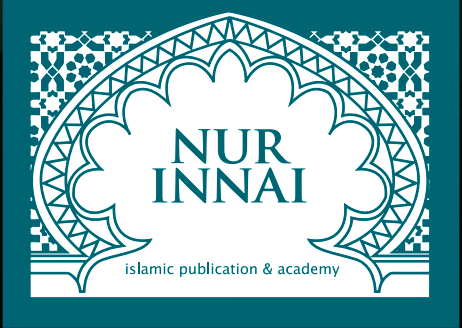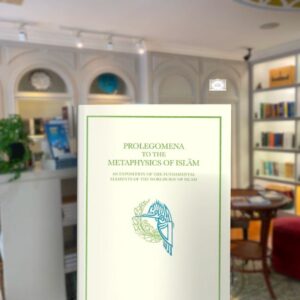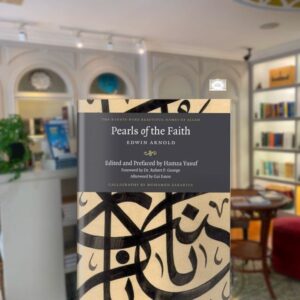Al-Attas’ Psychology
RM90.00
This book looks at al-Attas’ contribution in the reformulation of the concept of the human soul, the intellect, the heart as an organ of spiritual cognition, prophecy, and happiness. Ibn Sinā’s ability to forumalte arguments, develop ideas and weave differing opinions into a fabric of new ideas that presents a new outlook strikes a remarkable resemblance to al-Attas as can be gleaned from his works. As early as his Some Aspects of Ṣūfīsm as Understood and Practiced Among the Malays, followed by his Mysticism of Hamzah Fanṣūrī, and later his Commentary on the Ḥujjat as-Ṣiddīq, to cite a few, al-Attas has been consistent in the triangulation of new ideas from the faylasūf, the mutakallimūn, and the Ṣūfīs on key ideas of philosophy, theology, and metaphysics in Islām; a counter-thesis to the imag which more often than not portrayed the three groups of thinkers as mutual adversaries. He has done so not to establish an artificial coherence amongst them and their ideas, but more importantly—and indeed this is quintessentially his—to put major ideas in their proper places, based on hierarchy and benefits to man, to commensurate the ranks and degrees of authorities in knowledge of reality and truth: that is adab towards knowledge.
3 in stock
This book looks at al-Attas’ contribution in the reformulation of the concept of the human soul, the intellect, the heart as an organ of spiritual cognition, prophecy, and happiness. Ibn Sinā’s ability to forumalte arguments, develop ideas and weave differing opinions into a fabric of new ideas that presents a new outlook strikes a remarkable resemblance to al-Attas as can be gleaned from his works. As early as his Some Aspects of Ṣūfīsm as Understood and Practiced Among the Malays, followed by his Mysticism of Hamzah Fanṣūrī, and later his Commentary on the Ḥujjat as-Ṣiddīq, to cite a few, al-Attas has been consistent in the triangulation of new ideas from the faylasūf, the mutakallimūn, and the Ṣūfīs on key ideas of philosophy, theology, and metaphysics in Islām; a counter-thesis to the imag which more often than not portrayed the three groups of thinkers as mutual adversaries. He has done so not to establish an artificial coherence amongst them and their ideas, but more importantly—and indeed this is quintessentially his—to put major ideas in their proper places, based on hierarchy and benefits to man, to commensurate the ranks and degrees of authorities in knowledge of reality and truth: that is adab towards knowledge.





Reviews
There are no reviews yet.